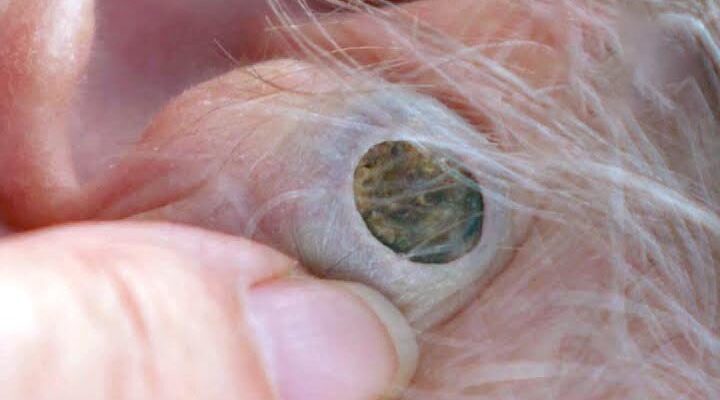Acne: Meaning, Explanation, and Significance
Acne is a common skin condition that occurs when hair follicles become blocked with oil, dead skin cells, and sometimes bacteria. The word “acne” is derived from the Greek word “akmē”, which means “point” or “peak.” In medical terms, acne is known as acne vulgaris, which translates to “common acne.”
At its core, acne means a disorder of the skin’s oil glands and hair follicles. It typically appears on parts of the body with the most oil glands, such as the face, chest, back, and shoulders. Though acne is most common during puberty due to hormonal changes, it can affect people of all ages.
At its core, **acne means a disorder of the skin’s oil glands and hair follicles**. It typically appears on parts of the body with the most oil glands, such as the face, chest, back, and shoulders. Though acne is most common during puberty
due to hormonal changes, it can affect people of all ages.
In some cultures, acne is misunderstood or even stigmatized. People may falsely believe that acne is caused by poor hygiene, eating too much junk food, or other lifestyle choices. While diet and skin care can influence acne to some extent, the root causes are often **hormonal and genetic**, which are largely beyond a person’s control.
These misconceptions can cause unnecessary guilt or shame for individuals with acne. It’s important to understand that **acne is a medical condition**, not a sign of uncleanliness or personal failure.
In summary, **acne means more than just pimples**. It is a common and sometimes complex skin condition with physical, emotional, and social dimensions. Understanding acne as a medical issue helps reduce stigma and promotes better treatment and support for those who live with it.
Acne should be viewed with compassion and treated with proper care. It affects the surface of the skin—but it also touches deeper layers of self-confidence and emotional health. Recognizing the full meaning of acne allows for a more human, respectful, and effective approach to dealing with it.



